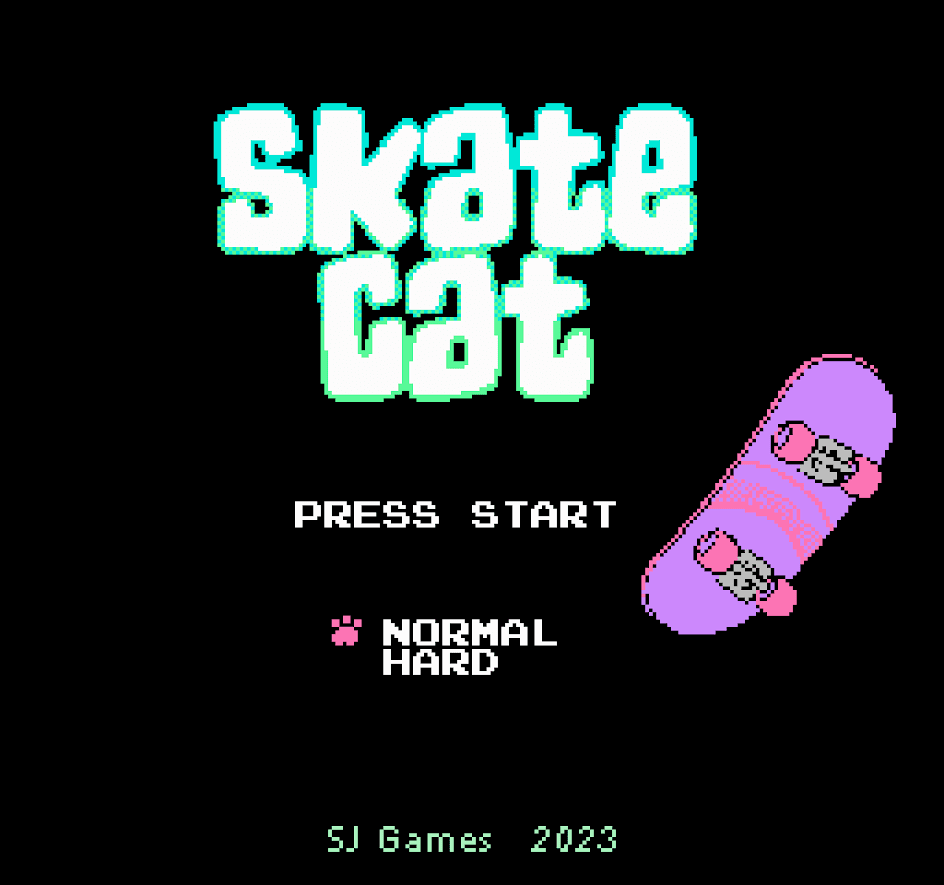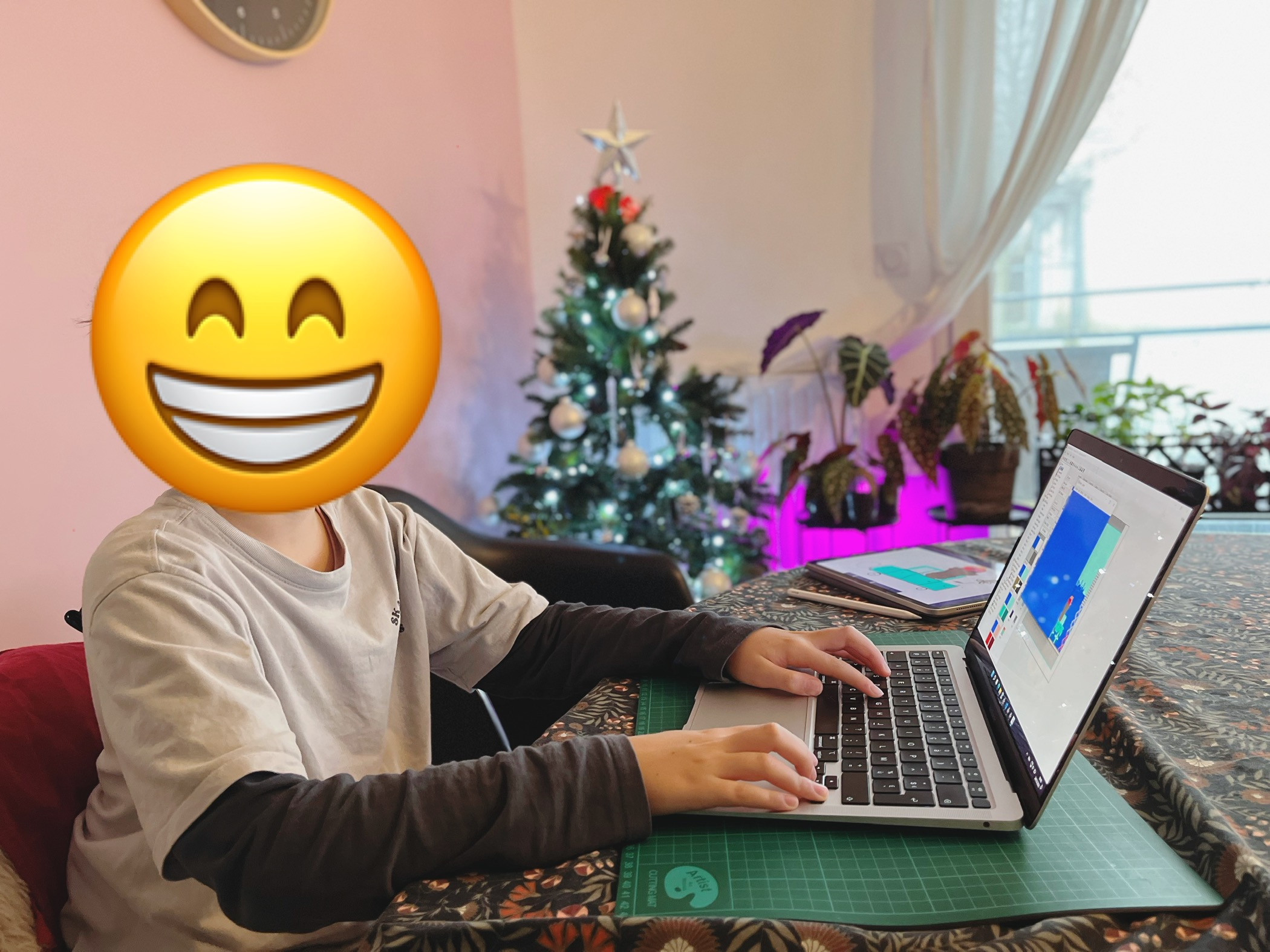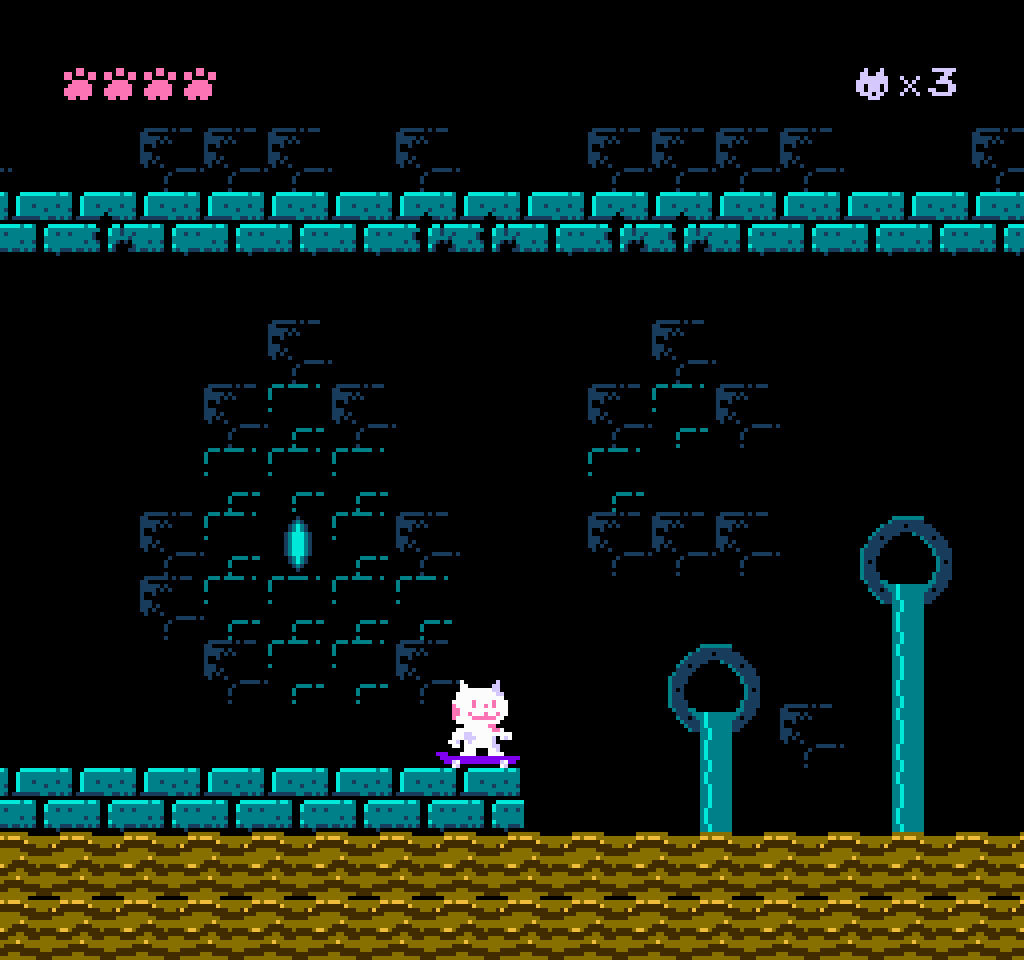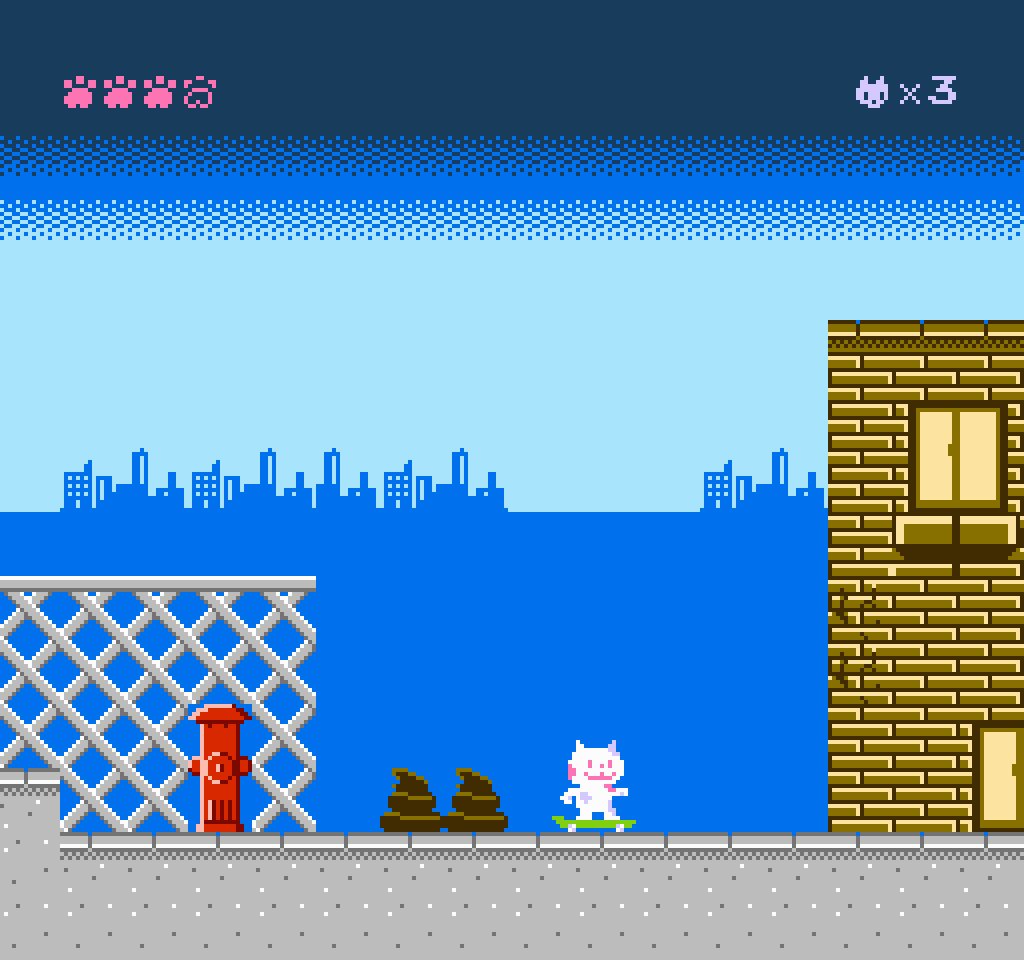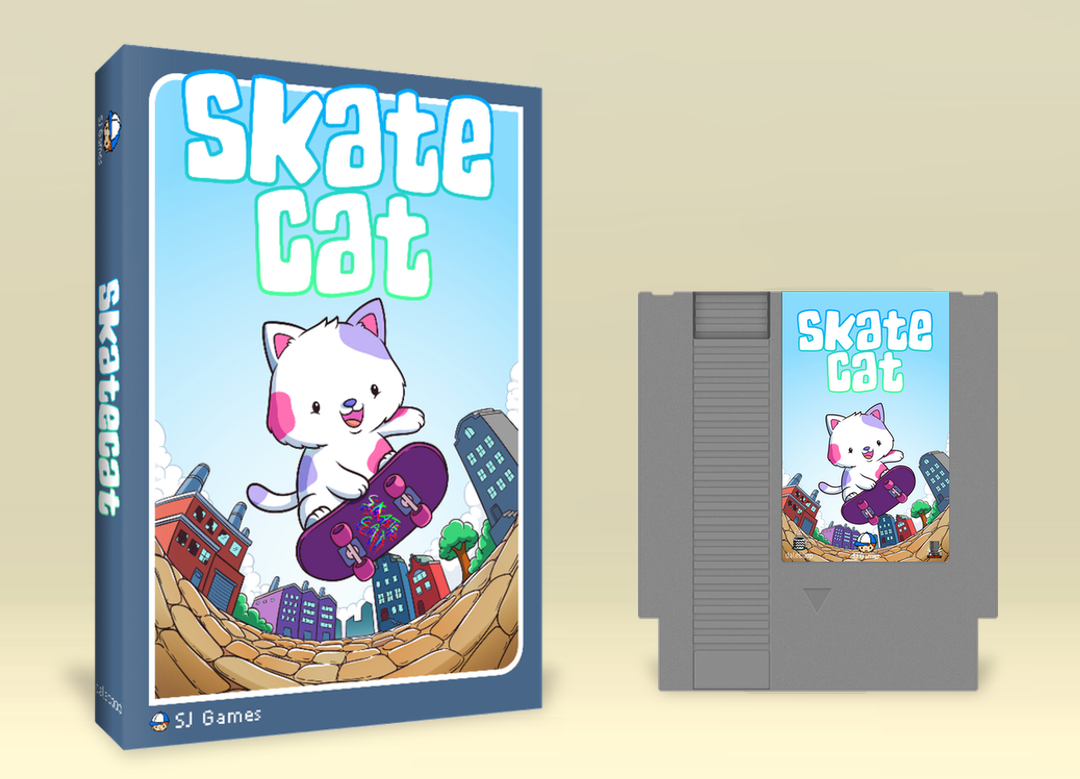Indie Retro Homebrew Showcase Interview: Exploring the Magic of Witch n' Wiz!
Introducing our second feature in the Indie Retro Homebrew Showcase Interview series: Witch n' Wiz, crafted by the talented developer, Matt Hughson!
Get ready to fly into the enchanting world of Witch n' Wiz as we uncover insightful answers and delightful stories from its development journey. So, hold on to your wizard hats and join us for an adventure like no other!
Read down below on how our interview went!
How was your game born?
Witch n’ Wiz started life as a Pico-8 game. If you aren’t familiar with Pico-8, it is a modern game engine that mimics retro consoles (2D pixel art, limited colors, low resolution, etc). After that, I ported the Pico-8 game to the NES as part of the yearly “NESDev Coding Competition” and was awarded 2nd place! After that, I expand on the original concept dramatically, into what would become the Witch n’ Wiz you can play today.
What was development like?
Development was smooth! As I mentioned, it happened in stages which made the whole thing feel manageable. Start to finish, I think the game took about a year, from the first line of code, to sending the manual off to the printers.
The scope of the project was very intentional, from the NES Memory Mapper I chose (MMC1) to the number of levels (100) to the style of gameplay (single screen, puzzle). It was all just slightly bigger than my previous project for the NES, “From Below”.
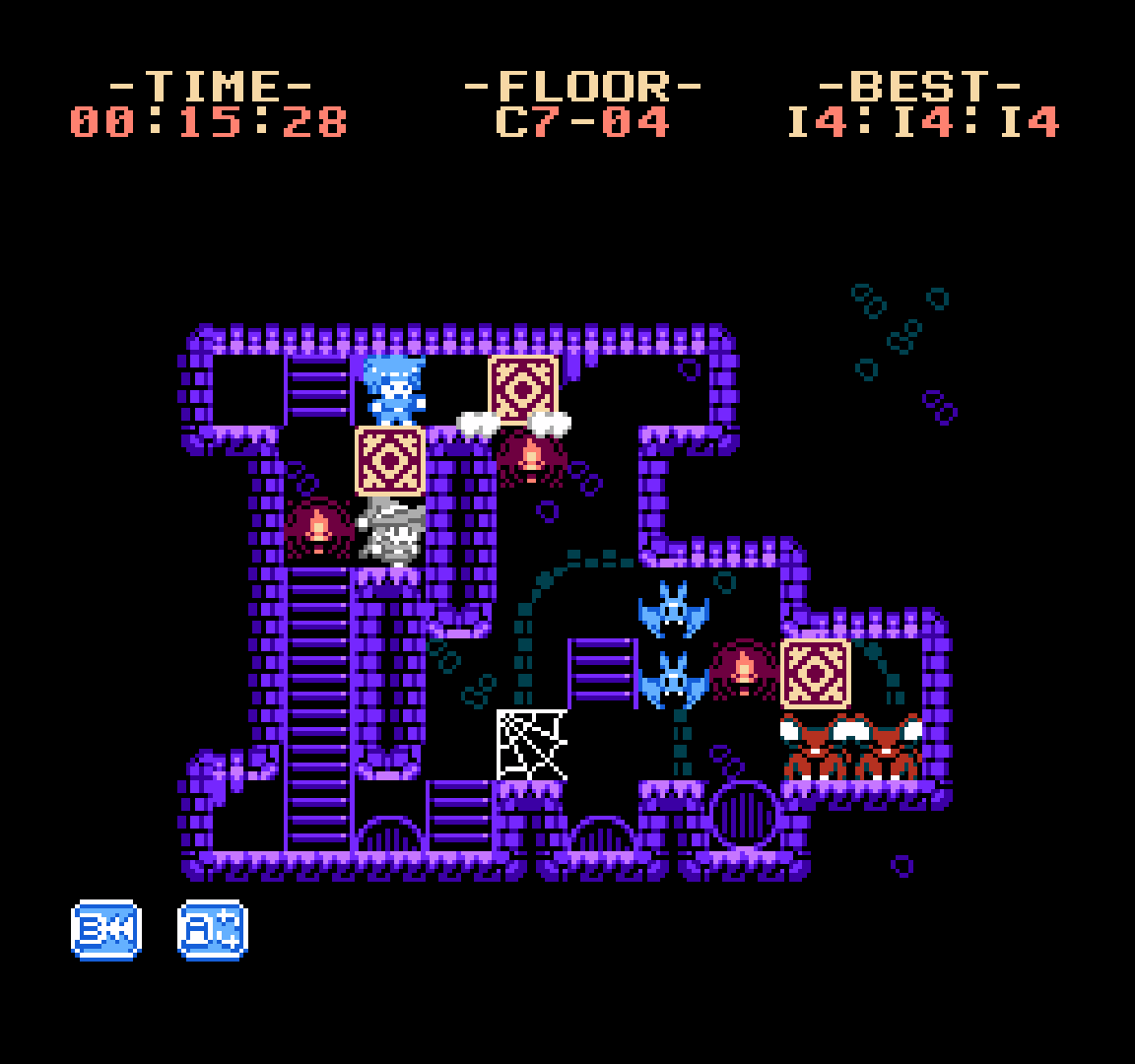
What did you learn about yourself through this game?
I would say that I found that my years spent working on commercial games helped a lot in terms of shipping a quality product. I work as a programmer in the game industry (Gears of War, Dying Light, etc) and the coding style of the NES is quite different from that. But the skill that I did find very transferable was just the ability to pull a lot of different resources and people together to create a cohesive, polished product.
What makes this game special?
Something I really like about Witch n’ Wiz is that the difficulty curve is a lot different than most retro puzzle games. Traditionally those games ramp up the difficulty more and more as the game goes on, often layering more and more mechanics as the player progresses.
In Witch n’ Wiz, the difficulty has peaks and valleys. Every chapter of the game introduces a new mechanic, but throws out all the previous mechanics, so the player gets a steady stream of new things to learn and master.
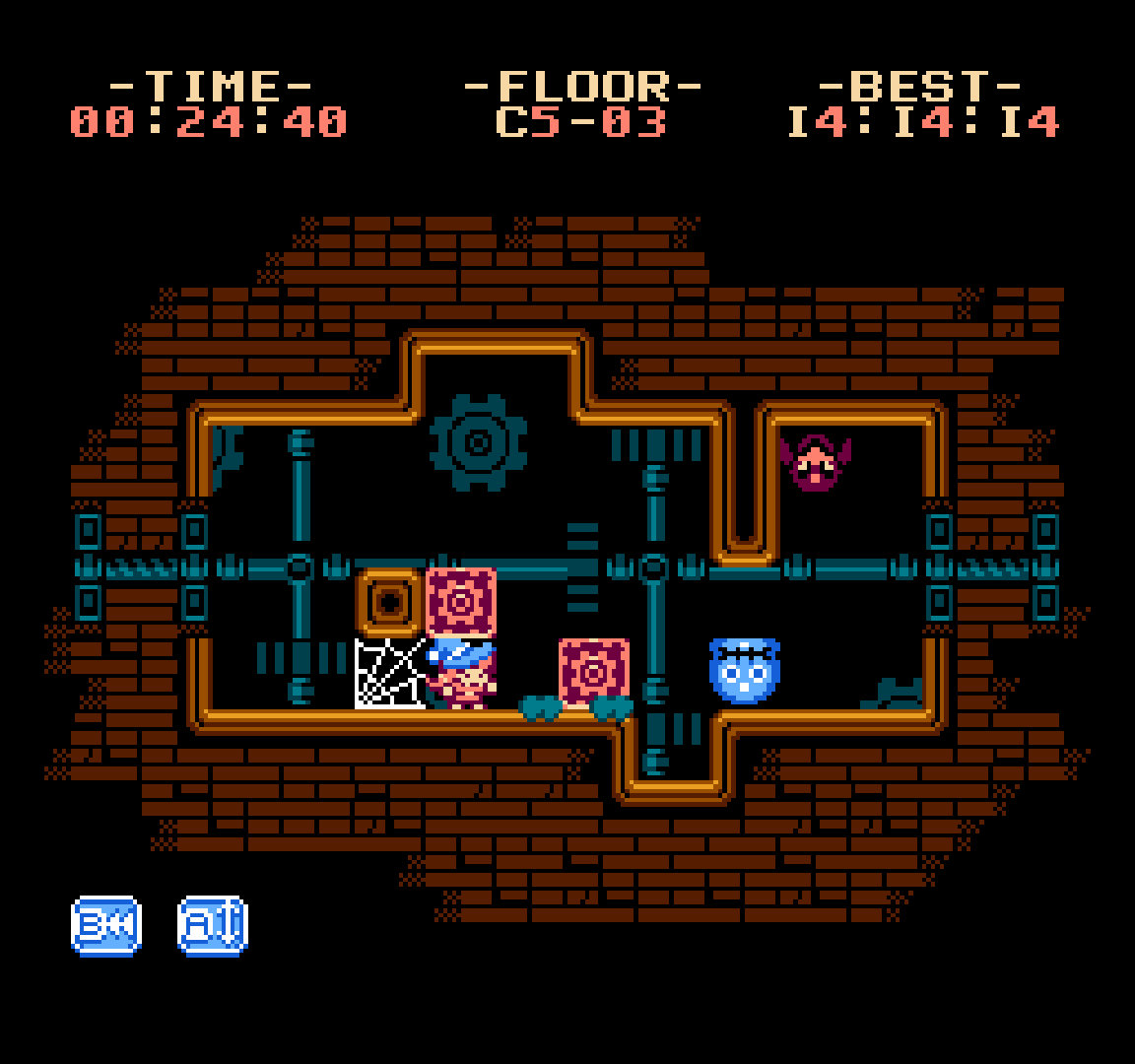
How does sound play a role in the game?
One of the biggest challenges for sound (in particular music) for this game is to make sure it doesn’t get annoying when you are sitting on the same screen for very long times (as the player attempts to think through a difficult puzzle). Tui, the composer for the project, did a fantastic job of keeping the music pushed into the background, but still creating memorable tunes.
What games influenced this one the most?
The core concept is heavily inspired by an old game called Catrap/Pitman which was probably most famous for their Game Boy version.
Any fun stories or wild moments during development?
A serendipitous event happened during the production of the physical version of the game. I was a huge fan of “Hand Draw Game Guides” by Philip Summers, and had asked if he would be interested in creating a guide for Witch n’ Wiz. He was too busy at the time preparing for what would become a viral success on Kickstarter. Months later, that Kickstarter launched just as I was finishing up my work on the physical part of Witch n’ Wiz. Unfortunately, Philip was forced to cancel the Kickstarter, and was left with “nothing to do”. It just so happened that right at that time is when I needed a poster/mini-guide for Witch n’ Wiz. We reconnected and he was able to come on board and deliver an amazing fold out poster with a mini-guide on the back, reminiscent of Nintendo Power.
Do you think preserving older gameplay mechanics in new games is important?
Not particularly. What I find more interesting is applying modern design principals to under used classic genres. I think Shovel Knight is a great example of this. Essentially taking Duck Tales and building it for today’s audience. Building modern games for retro console adds a further twist.
For example, Witch n’ Wiz has a whole suite of accessibility features which are very popular in games right now, but weren’t considered at all in the 80s and 90s. It’s fun to think of what an “accessible NES game” looks like. (See: Witch n' Wiz Accessibility (witchnwiz.com) for more info).
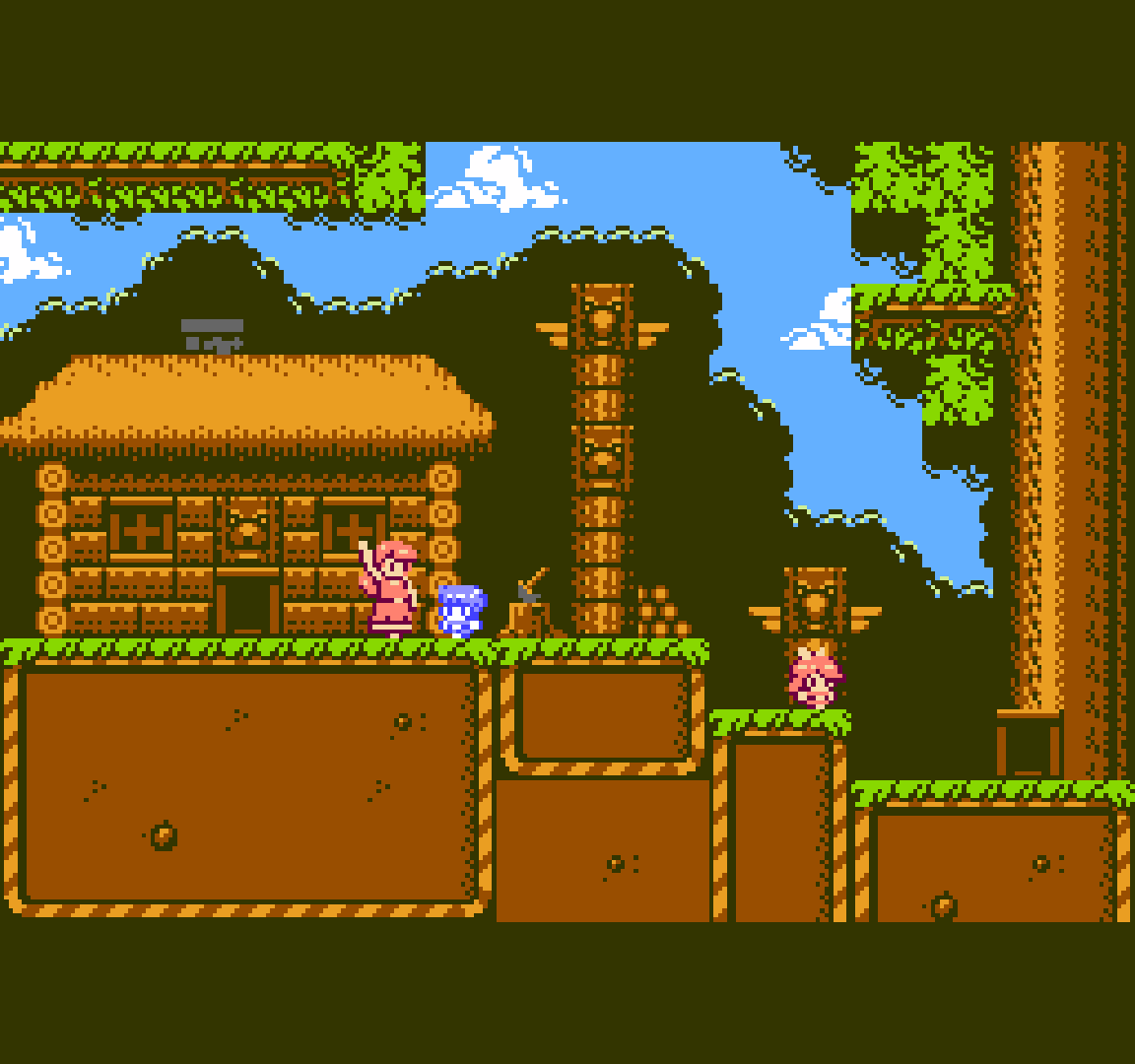
What's your favorite memory as a gamer?
Something that always sticks out to me is renting an NES and Contra from our local video store. It was before we owned an NES, and we would rent it on Friday and play it all day and night until it had to be returned on Sunday. It was a great time to be a kid!
Who will enjoy this game the most?
Folks who love classic puzzle games like Fire ‘n Ice, Solomon’s Key, Lolo, and similar.
Bottom line, why must someone play this game?
It was ranked as the #1 homebrew game of all time be RETRO! I’m not sure that’s deserved, but you should at least play it so you can say the game is overrated!
How do you want this game to be remembered?
As a polished experience start to finish, cartridge to cardboard. Everything in this package was meticulously crafted to be top quality, with excruciating attention to detail.
What's next?
I’m currently working on my next NES game, Super Sunny World: the ultimate love letter to the platformer greats of the 8-bit era. Jump, bump, and kick your way through 8 worlds of pixel-perfect platforming, cute characters, and exciting power-ups. Built from the ground-up for the NES!
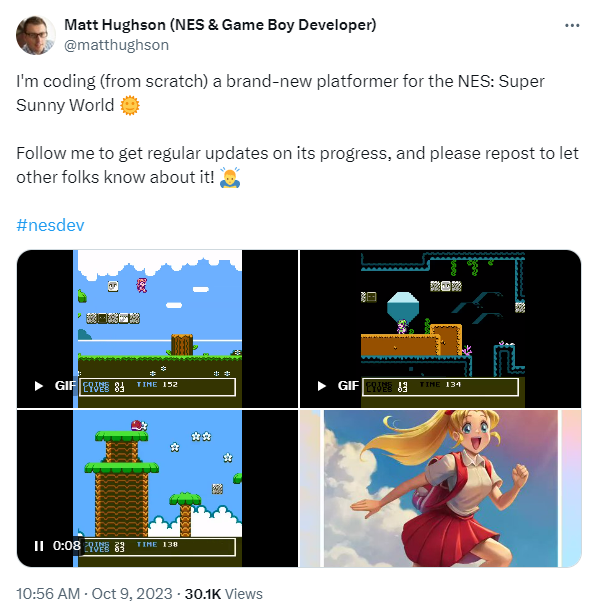
Anything else you'd like to add?
Thanks so much for checking out my games! If you are interested in seeing more homebrew, check out my “Homebrew Games Summer Showcase” on youtube, a 30-minute montage of over 100 homebrew games currently in development! It’s a great place to get a sense of what is out there.
-




